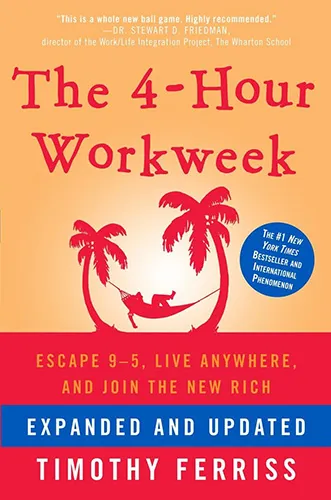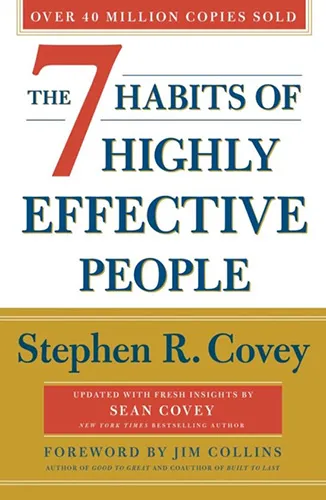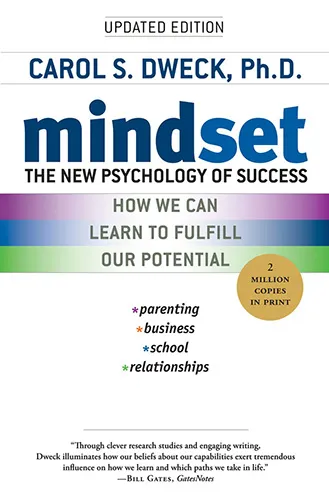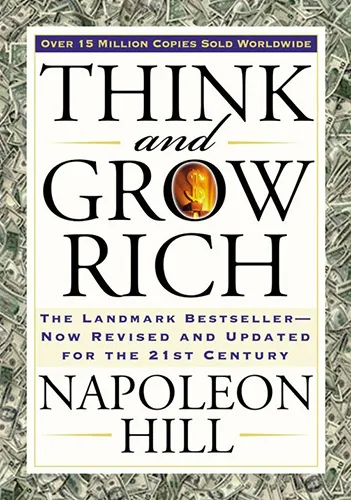Robert B. Cialdini’s Influence: The Psychology of Persuasion is a groundbreaking exploration of why people say “yes” and how persuasion works on a psychological level. First published in 1984 and updated since, this book is a must-read for anyone in business, sales, marketing, or anyone simply curious about the subtle forces that shape human behavior. Cialdini’s insights are backed by decades of research and presented through engaging anecdotes and actionable advice.
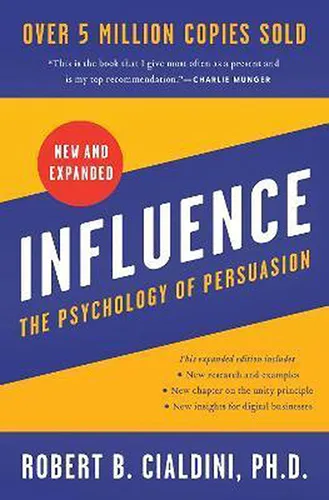
Core Concepts
Cialdini identifies six universal principles of influence that drive decision-making and behavior. These principles are powerful tools for anyone looking to ethically persuade and connect with others.
Here are the key principles:
⭐ Reciprocity: The obligation to give back
People are naturally inclined to return favors. If you provide value first—whether through a gift, favor, or thoughtful gesture—others are more likely to say yes when you ask for something in return. Cialdini illustrates this with examples ranging from free samples to small acts of kindness that yield outsized results.
⭐ Commitment and Consistency: The need to align actions with beliefs
Once people commit to something, they feel a strong psychological drive to stay consistent with that commitment. For example, getting someone to agree to a small request makes it easier to gain their agreement on larger ones later. Cialdini calls this the “foot-in-the-door” technique.
⭐ Social Proof: The power of the crowd
People often look to others to decide how to act, especially in uncertain situations. This principle explains why testimonials, reviews, and visible popularity (e.g., “bestseller” labels) are so persuasive—they provide evidence that others trust and value the product or idea.
⭐ Liking: The influence of personal connection
We’re more likely to say yes to people we like. Cialdini highlights factors that increase likability, such as similarity, compliments, and familiarity. Building rapport and genuine connections can make persuasion more effective.
⭐ Authority: The credibility of expertise
People are more likely to follow the lead of someone they perceive as knowledgeable or authoritative. This principle underscores the importance of showcasing credentials, expertise, or endorsements to build trust and sway opinions.
⭐ Scarcity: The fear of missing out (FOMO)
The perception of scarcity makes things more desirable. Whether it’s a limited-time offer, an exclusive deal, or a once-in-a-lifetime opportunity, creating a sense of urgency drives people to act quickly.
Practical Applications
Cialdini not only explains these principles but also provides examples of how they can be applied ethically in real-life situations. From improving sales strategies to enhancing interpersonal relationships, Influence offers tools for persuading while respecting the autonomy of others.
Final Thoughts
Influence: The Psychology of Persuasion is both a fascinating read and a practical guide to understanding the forces that shape human behavior. Cialdini’s principles are not only useful for marketers and business professionals but also for anyone looking to navigate the complexities of social dynamics with confidence.
By mastering these six principles, you can become more effective at influencing others while also becoming more aware of when these tactics are being used on you. Whether you want to boost your business skills, improve communication, or simply understand the psychology behind decision-making, this book is a timeless and valuable resource. Highly recommended!

